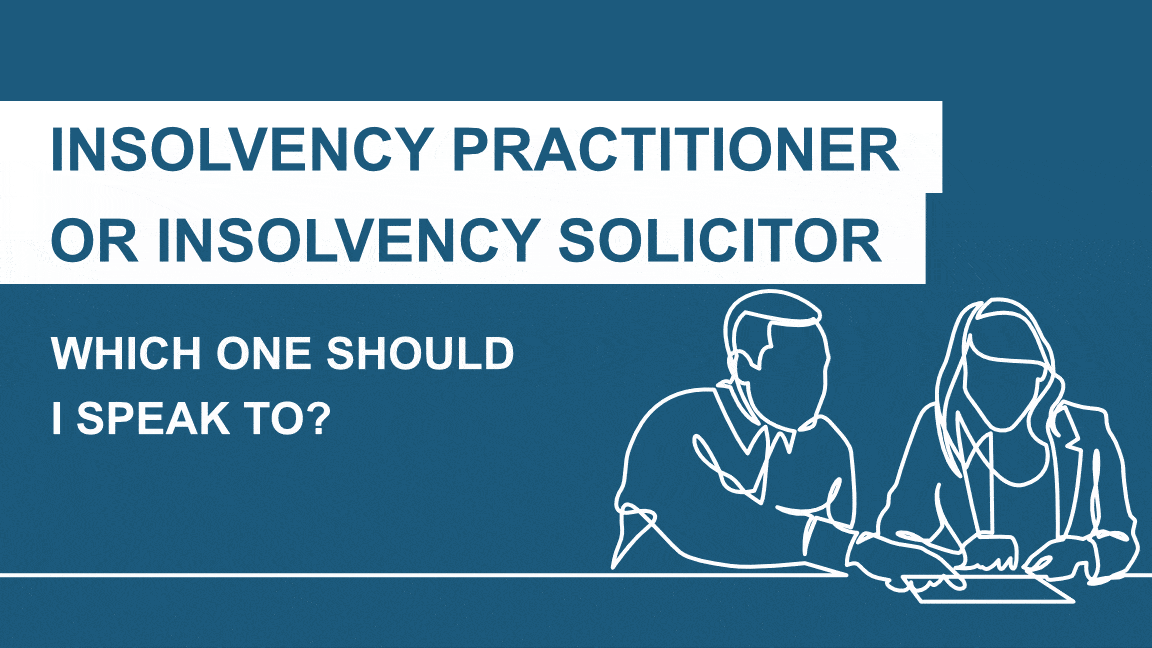Insolvency Practitioner Things To Know Before You Buy
Insolvency Practitioner Things To Know Before You Buy
Blog Article
Some Known Factual Statements About Insolvency Practitioner
Table of ContentsThe smart Trick of Insolvency Practitioner That Nobody is DiscussingNot known Facts About Insolvency PractitionerThe Best Strategy To Use For Insolvency PractitionerInsolvency Practitioner Things To Know Before You BuyNot known Details About Insolvency Practitioner
Whether you need to use a bankruptcy practitioner (IP) to liquidate your business depends on various elements. While involving an insolvency specialist for all types of liquidation is not a lawful demand, doing so can frequently improve the procedure and make sure compliance with legal demands. Liquidating a company is a vital choice that features significant repercussions.
It is a procedure utilized when a firm does not have any kind of lenders, or every one of their financial institutions can be paid off completely with statutory interest. Recognizing the different kinds of insolvency procedures can help you figure out the most effective strategy for your business's liquidation or other official insolvency treatments itself.
This is necessary in order to abide by lawful needs - Insolvency Practitioner. This is since IPs have the required certifications and experience to guarantee that the liquidation process is conducted based on all applicable regulations and laws. By involving a qualified bankruptcy expert, you can have peace of mind knowing that your company's liquidation process will be dealt with expertly and in compliance with the pertinent legal demands
Some Ideas on Insolvency Practitioner You Need To Know
The bankruptcy expert is selected as a liquidator and is accountable for managing the company and liquidator's financial obligations superior liabilities and assets. This process includes liquidating the firm's possessions and dispersing the earnings to lenders. Upon conclusion of the procedure, the company is removed from the register at Business Home.
Stopping working to do so can result in individual responsibility for the firm or supervisor for the financial institution's financial obligations. Volunteer liquidation, which consists of Creditors' Volunteer Liquidation (CVL) and Members' Volunteer Liquidation (MVL), is started by the company's supervisors and shareholders when they can no more pay their financial debts. In a CVL, the bankruptcy specialist is designated as the liquidator, in charge of taking care of business financial obligations and all company assets.

Indicators on Insolvency Practitioner You Should Know
By assessing the knowledge and experience of possible insolvency specialists, you can ensure that you pick an expert who has the needed certifications to handle your firm's liquidation procedure properly. While insolvency practitioner-led liquidation is usually the most ideal strategy for firms encountering insolvency, there are alternative strategies to take into consideration, such as striking off and partial liquidation.
It's important to assess all readily available alternatives before choosing on the next ideal remedy or strategy for your business. Striking off companies' signs up is an extra uncomplicated and cost-effective method to shut inactive or tiny firms with no debts or properties. To strike off a company, its name is gotten rid visit homepage of from the Companies Residence register by sending type DS01.
Before choosing for striking off, it's essential to evaluate the advantages and disadvantages of this technique and think about whether it's the right choice for your service. Partial liquidation is another choice to insolvency practitioner-led liquidation, where a firm liquidates particular properties and responsibilities while proceeding to operate with the continuing to be assets and obligations.
A Bankruptcy Professional will have the ability to advise you of the very best strategy to take and make certain that every little thing runs smoothly. It is not feasible to sell off a firm without a liquidator. Appointing an authorised bankruptcy expert is essential for the procedure of voluntary liquidation to begin.
Insolvency Practitioner Fundamentals Explained
It is possible to close and liquidate your business without making use of a liquidator, provided your company is solvent and you meet the eligibility requirements to dissolve or liquidate it. If your more tips here business is insolvent, you might be needed to use a liquidator and start official bankruptcy treatments. Below are a few other useful articles relating to company liquidation in the UK:.
Being in a setting where you're incapable to pay your company's lenders is incredibly difficult. In an effort to avoid raising the level of debt, lots of business attempt to bargain directly with their lenders and agree to a casual arrangement. If the financial debt is fairly little and owed to one financial institution, and the lender is being participating, participating in an informal debt plan is possibly the very best service, rather than looking the internet for 'a bankruptcy specialist near me'.
On the other hand, if there are several financial institutions and the level official source of debt is large, financial institutions may not be so eager or participating. To avoid liquidation or personal bankruptcy, it is far better to hire an insolvency specialist to create formal proposals and bargain with lenders on your part.
Get This Report on Insolvency Practitioner
Whilst it is a method to take care of financial debt, there are significant threats involved with this sort of financial obligation plan - Insolvency Practitioner. If a financial institution is prepared to become part of an informal arrangement (IA) whereby the debtor has actually consented to make regular, if reduced, repayments to pay back the financial debt, it is very important to adhere to the contract

The financial institution is within their rights to back out of the agreement and petition the courts for your company to be sold off at any type of time. A formal setup that has actually been recommended by an insolvency professional in your place, and agreed by a creditor, gives a much more secure option.
Report this page